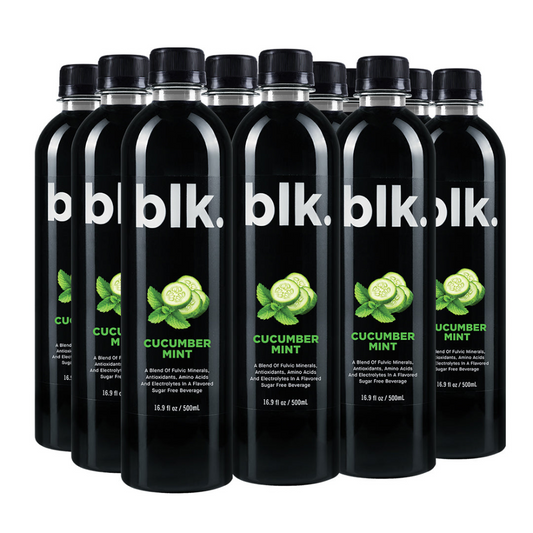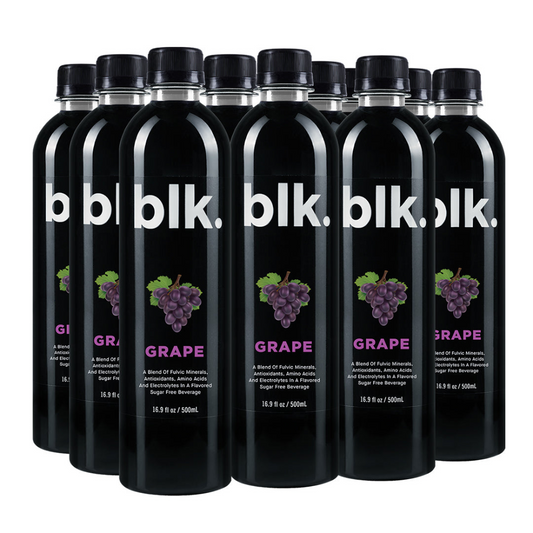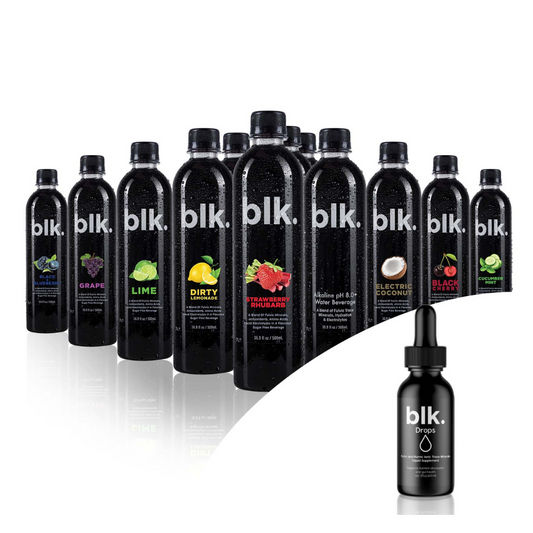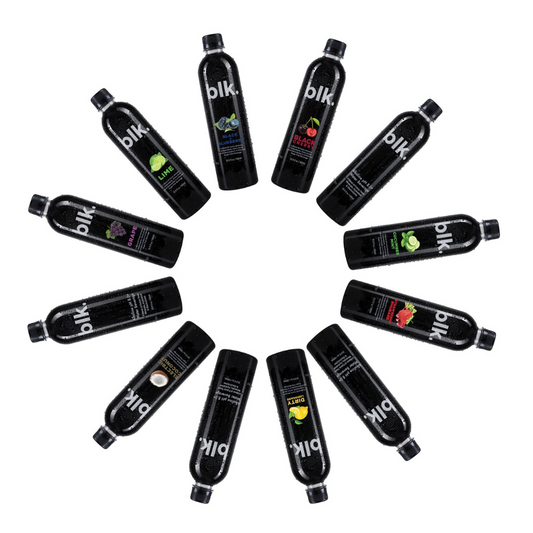
The Role of Whey Protein Hydrolysate in Promoting Weight Management
This Guide Teaches You:
- How whey protein hydrolysate aids weight loss
- How you can use hydrolyzed whey to enhance its effectiveness in weight loss
- Potential side effects of using whey protein hydrolysate for weight loss
- Solutions and alternatives to the potential challenges
Whey protein hydrolysate should be on top of your dietary routine if you want to embark on a weight loss journey. When you search for whey protein online, you will come across several options. These options fall within the three whey protein powder types: concentrates, isolates, and hydrolysates. You should know their real meanings, compositions, and ingredients before you buy whey protein supplements for weight loss. Buying whey protein hydrolysate for weight loss is the first choice because of its high protein content and digestibility it provides. In this guide, we share scientific reports of how hydrolyzed whey impacts your body, especially regarding weight loss also, the science and potential challenges.
What is Whey Protein Hydrolysate?
Whey protein hydrolysate is the more digestible and purest type of whey protein, and it is sometimes labeled as hydrolyzed whey protein in other supplements. Consider it an improved version of whey protein isolate. But it can also be obtained from extreme hydrolysis of regular unprocessed whey. You should know that the greater the hydrolysis, the smaller the number of amino acids in each peptide.
However, hydrolyzed whey protein does not contain carbs and fat and has a protein content of approximately 90 to 94%. The protein contains all the essential amino acids your body requires to build lean muscle mass. Its high absorption and digestion rate also means that less fat stored in your body (excess protein is often stored as fat). These characteristics make hydrolyzed whey protein a good fit if you want to lose weight.
This type of whey protein is deemed to be generally safe for all consumers since it has fewer allergens. For instance, the more hydrolyzed it is, the lesser the lactose component. Some experts categorize whey protein hydrolysate as safe for lactose-intolerant people. But you should only use it if you know about the product's lactose levels. So, if you have any ingredient sensitivities like milk, avoid animal-based protein; instead, switch to plant-based protein
How Does Whey Protein Hydrolysate Aid in Weight Loss?
Thermogenesis
Hydrolyzed whey protein produces a massive increase in energy expenditure, and it stimulates postprandial thermogenesis in a way that other protein powders can’t. During thermogenesis, your body produces heat which can be utilized to burn calories. As a result, calorie burning promotes gradual weight loss. This means that when you increase your protein intake, you increase thermogenesis (a phenomenon that supports body fat loss).
Appetite Suppression
Some medical studies suggest that whey protein hydrolysate may have appetite suppression effects on your body. The idea behind this concept is that when you take whey protein hydrolysate, you can stay full longer and may eat little to no food in the next meal. When you regulate the amount of food you take, you can maintain and reduce your body weight.
Metabolism Boost
A diet rich in whey protein hydrolysate can boost your metabolism, thus promoting weight loss. The mechanism here is that an improved metabolism increases your body’s calorie-burning ability (increased fat oxidation and energy expenditure).
The CDC (Centers for Disease Control) reports that one in every three people (adults) in the US suffers from obesity. According to many health professionals, obesity and being overweight have become a scourge that needs to be eradicated. Studies suggest that being overweight may cause health complications like cancer, heart disease, and diabetes. This is why you need to increase your protein intake and lose weight.
Improved Digestion
Whey protein hydrolysate integrates with digestive enzymes (protease) to boost your digestion. The digestive enzyme splits the peptides found in the amino acid nutrients (basic compound of protein), and the small peptides are easier to digest, thus improving the overall digestion process. So, if you have been experiencing digestive problems, you can take whey protein hydrolysate to help lessen them.
The Science Behind Whey Protein Hydrolysate For Weight Loss
Scientific study shows that whey protein hydrolysate aids weight loss and management by changing your gut microbiota composition, fat mass, and muscle mass. The study also reveals hydrolyzed whey may lower ectopic fat deposition(storage of excess lipids in the liver and muscles) and increase muscle antioxidant capacity. Additionally, whey protein hydrolysate is rich in the essential amino acids that facilitate muscle growth. Research shows that cysteine and leucine (amino acids found in whey protein hydrolysate) have growth-promoting effects on your body.
How to Use Whey Protein Hydrolysate For Weight Loss
You can integrate whey protein hydrolysate into your weight loss journey in many ways. You can use it as a snack (in between meals), workout supplement, or meal replacement. The effectiveness depends on what you want to achieve (fitness and lifestyle objectives). However, if you use it as a meal replacement, you must balance the nutritional profile. For instance, if you want a quick and simple breakfast, you can blend whey protein hydrolysate with fruits and vegetables. You can also consume hydrolyzed whey before you visit any hotel or restaurant; it helps you eat less by suppressing your appetite.
Potential Challenges With Whey Protein Hydrolysate For Weight Loss
One of the potential complications that could arise from whey protein hydrolysate is digestive issues with symptoms like gas, cramping, diarrhea, and bloating. Additionally, if you are sensitive to lactose, you may experience side effects, and this is because lactose-intolerant people lack the enzyme needed to digest lactose (lactase).
If you also take whey protein hydrolysate without fruits and vegetables, you may experience constipation. This is because lactose intolerance slows down gut movement hence causing constipation.
Solutions and Alternatives
- If you are sensitive to dairy products, try plant-based proteins such as hemp, pea, and soy.
- Blend your whey protein hydrolysate supplement with fruits and vegetables to avoid constipation.
Conclusion
If you are taking whey protein hydrolysate for weight loss, you must understand how it improves digestion, metabolism, satiety, and thermogenesis. These four phenomena determine the weight loss process when you take whey protein hydrolysate. You must also comprehend how to use whey protein hydrolysate for weight loss. Whether you take it as a meal replacement, snack, or workout supplement depends on your dietary needs.
Frequently Asked Questions
-
How does whey protein hydrolysate's rapid absorption rate contribute to promoting weight loss and improved body composition?
-
Can the high concentration of branched-chain amino acids (BCAAs) in whey protein hydrolysate aid in weight loss and appetite control?
-
How can whey protein hydrolysate impact thermogenesis and support weight loss goals?
-
What role does whey protein hydrolysate play in preserving lean muscle mass during weight loss?
-
How can incorporating whey protein hydrolysate into a weight loss diet improve satiety and support calorie control?
-
What is the recommended timing for consuming whey protein hydrolysate to optimize its weight loss benefits?
-
How much whey protein hydrolysate should I consume per day for weight loss?
-
Is whey protein hydrolysate safe for weight loss?
-
Is whey protein hydrolysate more effective than other protein sources for weight loss?




